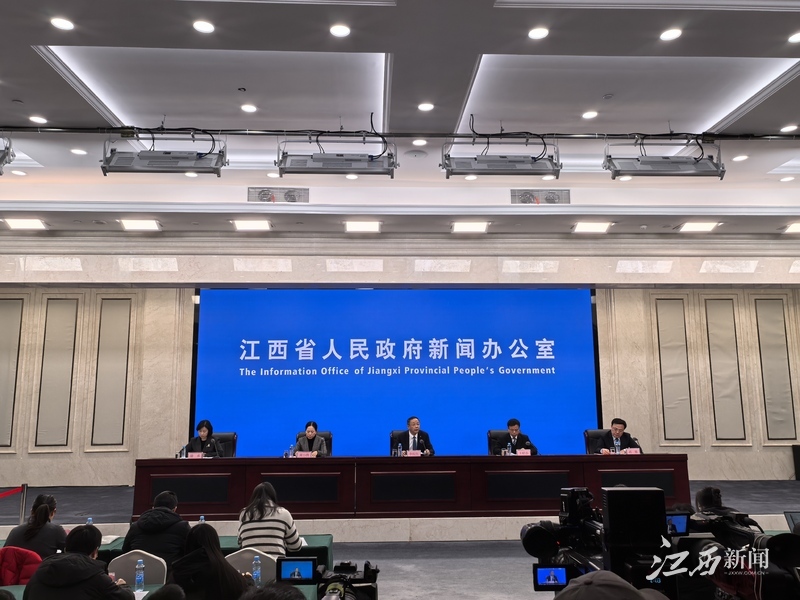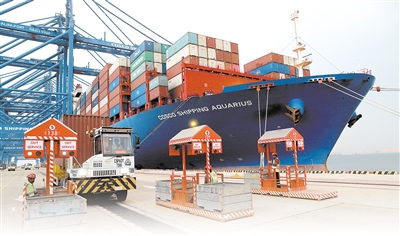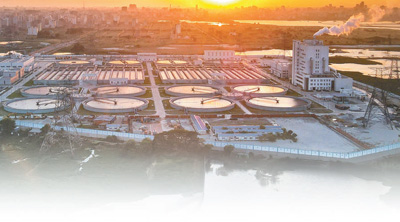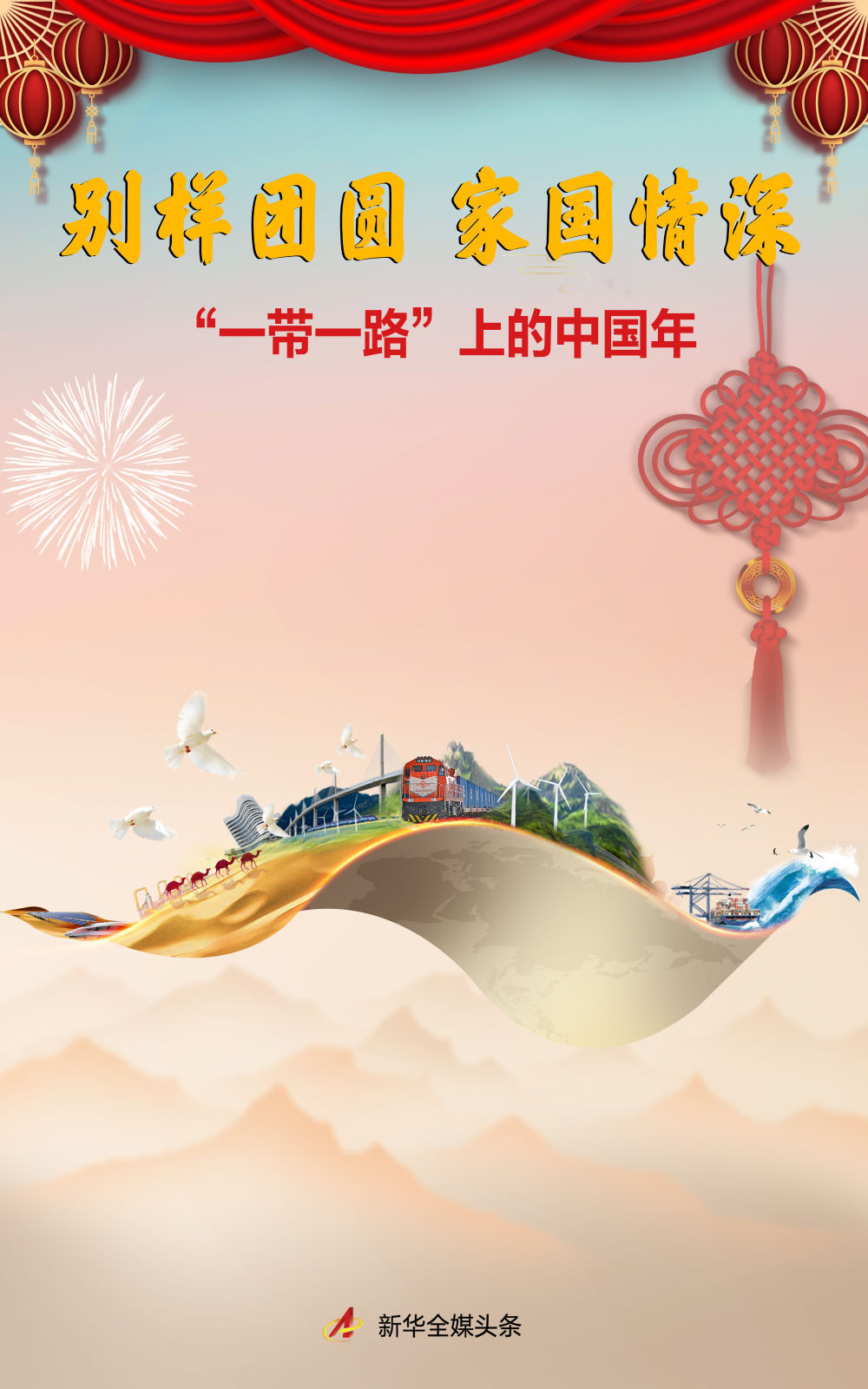Why Is China's Rise Unstoppable As Long As Xinjiang Is Present? How Important Is Xinjiang?
Why Is China's Rise Unstoppable As Long As Xinjiang Is Present? How Important Is Xinjiang?
When talking about China's rise, some people always turn their attention to developed coastal cities and ignore the "drought and distant" land in the northwest corner - Xinjiang. But those who really understand China's territory will never underestimate Xinjiang. Whenever the international situation suddenly changes, or the "Belt and Road" will flood the screen
When talking about China's rise, some people always turn their attention to developed coastal cities and ignore the "drought and distant" land in the northwest corner - Xinjiang. But those who really understand China's territory will never underestimate Xinjiang. Whenever the international situation suddenly changes or the "Belt and Road" is flooding the screen, there are always people saying: "As long as Xinjiang is still there, China's path will not be stopped by anyone." What is the reason? What "trump card" hidden in this land in Xinjiang that benefits the whole country? Let’s talk about it. No matter which city you are in your motherland, the logic behind this will affect your life.
If you open the map of China casually, Xinjiang is like a huge curtain, spread in the northwest corner. In fact, this is not a simple desert land. Xinjiang has a total area of 1.66 million square kilometers, accounting for about one-sixth of China's land area. Compared to its "wider", what is more important is its "transmission":
Xinjiang borders eight countries: Kazakhstan, Russia, Tajikistan, Kyrgyzstan, Mongolia, Afghanistan, Pakistan, and India. In terms of border length, the first place in the country is more than 5,600 kilometers. On the border line, Xinjiang assumes an irreplaceable portal role for the entire China.
The implementation of the "Belt and Road" initiative has suddenly become a key node for the Eurasian continental bridge. For example, the "China-Europe Express" has nearly 10,000 trains every year that leave the country directly through ports such as Horgos and Alashankou in Xinjiang. Our cars, home appliances, clothing and even fruits and vegetables are no longer able to travel by boat by port, but now we can take the train from Xinjiang to Germany and Poland. Speed and timeliness are incomparable to shipping.
Only when the northwest border is stable and the west gate is reliable can China avoid being "bottled". In the conflict between Russia and Ukraine, neither Europe nor Russia can cut off China's western route.
To put it bluntly, Xinjiang is like a thick moat, blocking external risks and leaving huge space for China to actively connect with the world. Ordinary people may only feel that prices are stable and international goods are rich, but the "confidence" behind it is hidden in Xinjiang.

When it comes to Xinjiang, more people will think of deserts, grapes, and cantaloupes. In fact, these are just "floating on the surface". The real weight of Xinjiang is its underground treasures and above-ground fields:
The top national proven reserves of oil and natural gas: Xinjiang Junggar Basin and Tarim Basin are not ordinary "oil fields". About one-quarter of the national known oil reserves are in Xinjiang, and natural gas is even more exaggerated. Tarim alone accounts for more than half of the national proven volume.
The second largest coal resources in the country: Xinjiang's coalfields are incredibly large, and it is more than enough for China to use for decades. In addition to wind energy and solar energy, this place is gradually becoming China's "new energy strategic trunk".
China's cotton production is the highest, accounting for about 85% of the country, and it is also one of the world's main cotton production areas. It is difficult to bypass Xinjiang cotton when the global textile supply chain wants to find alternatives.
In addition to the above, strategic minerals such as copper, zinc, lead, and gold... Xinjiang can almost make a full list. As long as Xinjiang remains stable, the quality and quantity of what people wear, eat and use in the whole country can be guaranteed.
Whether you are working hard on the southeast coast or Beijing, Shanghai and Guangzhou, the cost of living and material stability behind it is closely related to the "real water at the source" of Xinjiang's energy. International oil prices are soaring, and a lot of China's oil and gas are still guaranteed, relying on Xinjiang's "own family background".
What China is most afraid of is actually "fighting from the east" and most afraid of "taking advantage of loopholes in the west". Xinjiang is guarding the key channels and is also the stage for the collision of history, China and Central Asia and West Asian civilizations:
Since the Spring and Autumn Period and the Warring States Period, there has been a Silk Road in the "Western Regions". When a country is strong, it is a thoroughfare for prosperity, and when it is weak, it often becomes a channel for foreign enemies to attack China. Zuo Zongtang's "collection of Xinjiang" back then was to see through this strategic life gate.
After the founding of New China, the central governments have placed Xinjiang's security and stability at a very high level. It has been continuously invested for decades, including desert control, water development, power grid transmission, and full coverage of troops, police and militia. Only with Xinjiang's ironclad structure can China's inland truly have no worries.
Any major country in the world must always defend its "geographical buffer zone". The United States wants to control Japan, South Korea, and Afghanistan to check and balance China, but as long as Xinjiang is not in chaos, China's western granaries and security channels can be maintained. Anyone who wants to take "big moves" cannot ignore Xinjiang's huge influence.
As a Chinese, you don’t have to worry about border wars or separatist forces every day. National security cannot see it but affects everyone’s confidence. Xinjiang is the most heavy "ballast stone" in China's security discourse system.
Xinjiang is not a single ethnic group, with a high proportion of ethnic minorities. More than 40 ethnic groups including the Han, Uyghur, Kazakh, etc. have been integrated and coexisting for a long time. Cultures meet, and language, customs, life and even food are different from elsewhere in the country.
For example, large plates of chicken, hand-pickled rice, roasted buns, raisins and cantaloupes are sold nationwide every year; Xinjiang singing and dancing and shadow puppetry are often on the Spring Festival Gala. Ordinary people actually enjoy the "Xinjiang dividend" every day.
Multi-ethnic integration makes China's overall game more vibrant. Foreign exchanges and cross-cultural understanding, Xinjiang is used as a model, and competitiveness in the era of globalization will naturally improve.

Don’t think that Xinjiang is far away, it actually affects countless details in our lives:
Energy supply is stable, electricity and oil prices will not be easily controlled by others like Europe, and prices will not soar. Xinjiang's agricultural products and fruits and vegetables are continuously entering the market, with a strong supply chain, so you will never have to worry about supplying various specialty foods. China-Europe trade is smooth and there are many foreign trade channels. It is cheaper for ordinary people to buy foreign goods and sell domestic goods, and opportunities for industrial chain upgrading are increasing day by day. Xinjiang has improved new infrastructure, transportation and Internet, and eastern enterprises have entered Xinjiang to invest and expand their territory. For migrant workers, new employment opportunities have become more "invisible". The country is safe and stable, and there is no need to worry about turmoil in daily life. Only ordinary people can live and work in peace and work hard.
Of course, Xinjiang is not without its problems:
The land is vast and sparsely populated, and infrastructure such as transportation, education, and medical care must continue to be increased.
National unity and balanced economic development require patience and wisdom. More investment in the western region and attracting capital and talents from the eastern region to Xinjiang.
Foreign trade should be vigilant against geopolitical risks and improve your bargaining power.
In reality, Xinjiang's development dividends are gradually "feeding back" to the whole country. Ordinary people should pay attention to Xinjiang's policy trends and seize the opportunities brought by industrial upgrading, new infrastructure, tourism, e-commerce, etc. If you want to start a business, change jobs, and invest, pay more attention to the Xinjiang sector, and the opportunities will be in the changes.
Where does China's rise come from? The strategic "ballast stone" of the Northwest cannot be ignored. The reason why Xinjiang is important is that it combines geography, resources, security and cultural elements. Once Xinjiang is stable, open and prosperous, China's door to go west will always be open, and you and I, standing at this door, are more likely to feel the dividends of life and the opportunities for upward. Don’t let a map cover your eyes. When you truly understand the fundamentals of a great country’s confidence, your mentality is already different.





